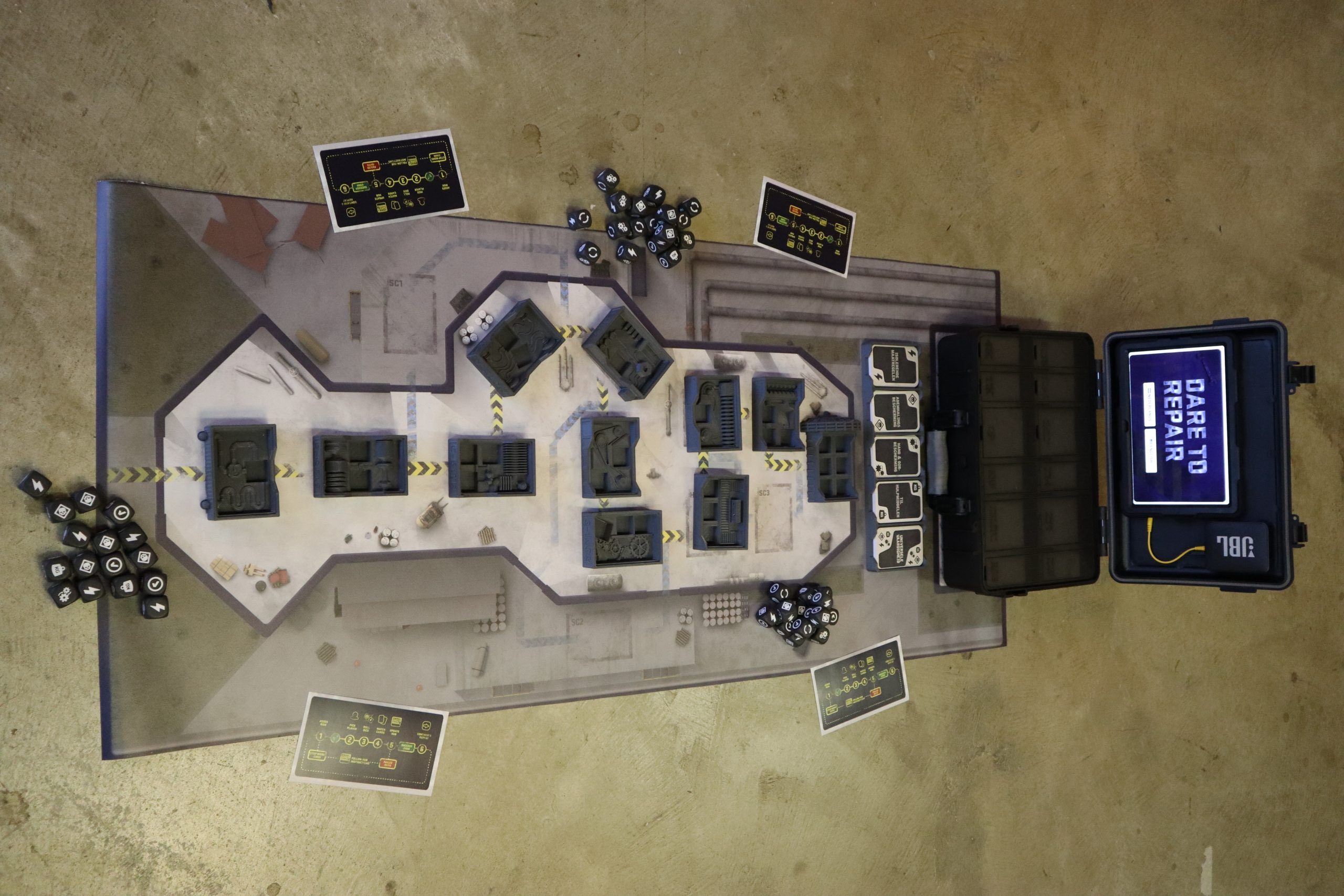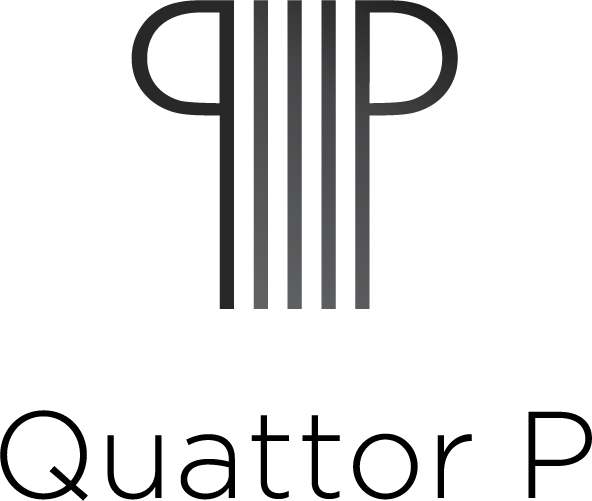Case: Researching and designing a serious gaming intervention related to safety
A Joint Industry Project initiated and led by Quattor P


The challenge
Hundreds of companies working in a high-risk environment operate according to established ‘stop work’ principles. This safety policy means that everyone present at a location of such organisation has the responsibility to immediately stop work in the event of a dangerous situation.
This last barrier of defense to prevent accidents is often put in the form of a so-called ‘stop work policy’. Many organisations have implemented that policy that geverally states that employees, and sometimes even visitors, have the right and responsibiitly to stop the work in case of hazardous situations.
Although having such stop work policies is common in high-risk industries, it is not easy to implement it wel and to ensure that alle mployees are indeed making use of this policy and stop the work when deemed necessary. Research shows that stop work policies are often built upon unrealistic assumptions such as that people will always stop work when an unsafe situation occurs, that all warning signs are clearly visible, that safety can always be the first priority, and stopping colleagues is always possible.
How Quattor P helped
Quattor P has initiated a research and development project with eleven partners throughout the world – amongst which are Anglo Eastern, The Standard Club, IHC Shipbuilding and TU Delft and serious games developer Raccoon Serious Games– to conduct research towards the hampering and supporting factors in implementing a stop work policy effectively.
With the results of the research a serious gaming intervention is developed, together with serious game designer Raccoon Serious Games. Serious gaming is a tool for which people can practice a certain skill in a safe environment. The intervention has two goals:
- To have people to practice with using the stop work authority;
- To discuss safety in a more low-key manner.
This intervention is aimed at to be played frequently – as it is known that alertness is being retained by the players on the subject matter. Furthermore, the game can be played endlessly as it evolves with the level of knowledge and safety of the players.
During the development of the intervention, the game was thoroughly tested and validated to ensure that the game did lead towards a more effective implementation of the stop work policy.
The development of this game is not only helping many organisations helping to implement their stop work authority more effectively, we have also obtained interesting results from the research that we can add to the public domain.- Quattor P -
The result
The result is a serious gaming intervention that helps all kinds of employees working in high-risk environment to stop work when deemed necessary. The intervention consists of a kick-off game – played once – which helps people to speak up and stop the work. The second game – frequently played – aims at learning people how to discuss safety on the workfloor.
After the game is played, employees experience a lower threshold to start discussing safety with their colleagues and more conversations on safety are being held. Those discussions result in new insights leading to safety to improve.
It has proven immensely useful to have a dedicated time and place to have such discussions on safety. We experience less of a threshold - not only during playing the game when it is functioning as conversation starter - but also during our normal day-to-day activities.- project participant -
